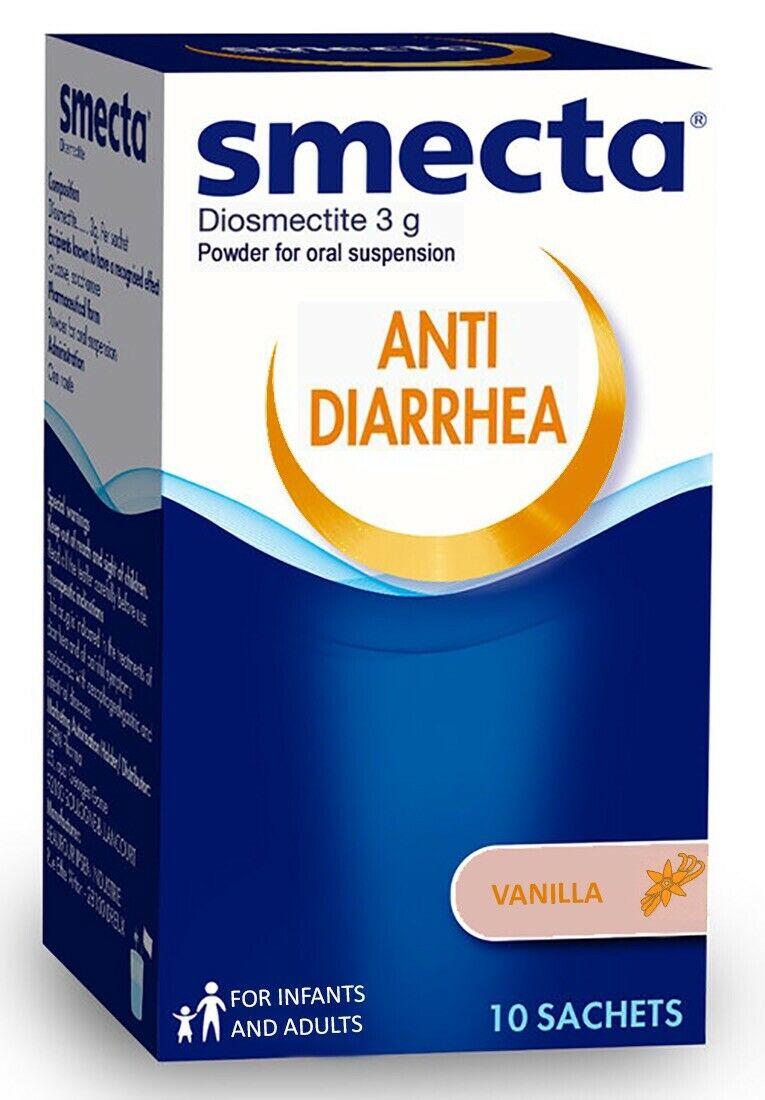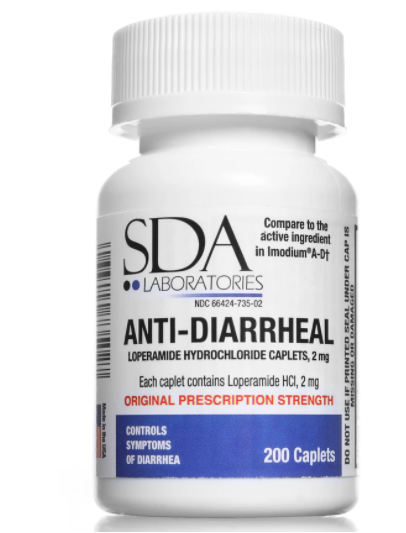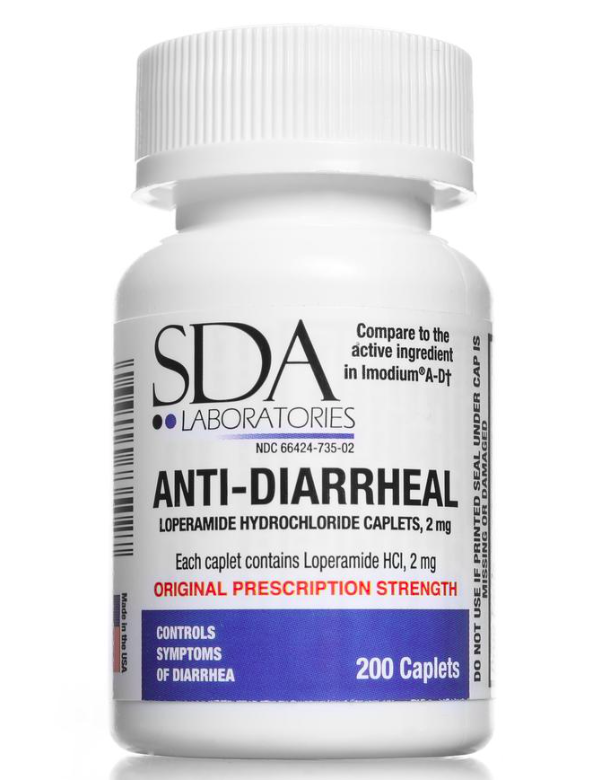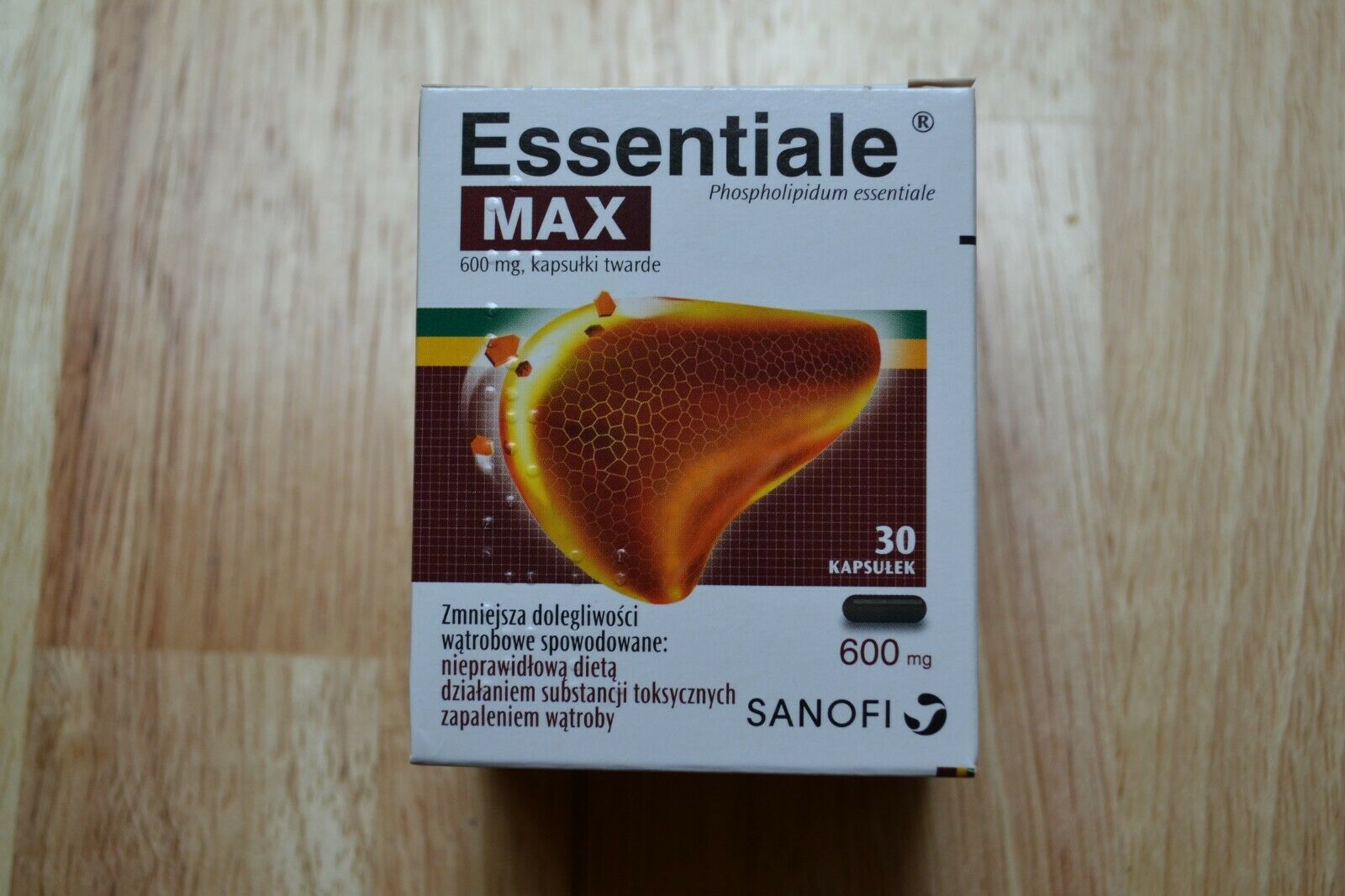-40%
Smecta Antidiarrheal Digestive disorder Heartburn Flatulence 3g 10 sachets
$ 4.75
- Description
- Size Guide
Description
Smecta Смекта Antidiarrheal Abdominal Digestive disorder Heartburn Flatulence Acid Reflux 3g 10 sachets Vanilla Flavor Condition is "New".Acute Diarrhea Treatmen, Abdominal Pain, Heartburn, Flatulence, Digestive disorder, Acid Reflux
Painful oesophageal-gastric symptoms Chronic Diarrhea, IBD, IBS, bloating, intoxication
Fast relief for babies and adults. Oral consumption and rectal intake.
Original IPSEN (France) Smecta Manufactured in Russia (Russian Instruction inside). Packaging design may vary depending on manufacturer.
English instruction read carefully. Contact your doctor is obligatory.
Product description
Indication
SMECTA® is indicated in the treatment of diarrhoea and of painful symptoms associated with oesophageal-gastric and intestinal diseases.
Ingredients
The active substance in SMECTA® is diosmectite (3g in each sachet)
Other ingredients: Glucose monohydrate, saccharin sodium, orange-vanilla flavour (containing sucrose).
Dosage and directions for use
Oral consumption
Adults
Recommended intake of more or less 3 sachets per day mixed with half a glass of water or orange juice.
In case of severe diarrhoea, the daily dosage may be increased to double the normal daily intake at the beginning of treatment.
Children
Under 1 year
1 sachet per day.
In a baby's bottle containing 50 mL water (or juice) to be given during the day.
Between 1 and 2 years
1 to 2 sachets per day.
Over 2 years
2 to 3 sachets per day.
Mix, if necessary, with a semi liquid food (pap, compote, purée, baby food).
Rectal intake
Adults
Retention enema – Recommended intake of 1 to 3 enemas per day of 1 to 3 sachets diluted in 50 to 100 mL lukewarm water. Strictly follow your physician’s prescription at all times.
Administer preferably:
After meals in oesophagitis,
Between meals in other indications
Warnings
Consult your physician if the symptoms do not improve within 7 days
Consult your physician if the pain is associated with fever or vomiting
Contact your doctor before use if you have been informed by your doctor that you have intolerance to some sugars
Keep out of reach of children
Drug interactions
SMECTA® should not be taken with other drugs or medication.
As a precaution SMECTA® should not be taken at the same time with another drug or medication. To avoid possible interactions between several drugs, report any other on-going treatment to your doctor or chemist. Tell your doctor if you are taking any other drugs or medication in order to avoid possible interactions. If you are uncertain, consult your doctor or pharmacist.
Pregnancy or breastfeeding
If you are pregnant or breastfeeding always get advice from your doctor or pharmacist before taking any drug.
Excipients known to have a recognised effect
Glucose
Sucrose
Side Effects
Development or worsening of constipation.
Report any side-effects that are not described above to your doctor or pharmacist.
Storage
Do not exceed the expiry date indicated in clear on the packaging.
What causes diarrhoea?
Short-term diarrhoea
It is typically a symptom of a bowel infection (gastroenteritis). Possible causes:
A virus, for example the norovirus or rotavirus
Bacteria which may also cause food poisoning such as Clostridium difficile (C. difficile), Escherichia coli (E. coli), salmonella, campylobacter as well as shigella
Parasites such as the Giardia intestinalis parasite which causes giardiasis
Travellers’ diarrhoea is commonly diarrhoea caused by contaminated food or water while visiting a foreign country.
Other potential causes of short-term diarrhoea include:
Food allergy
Emotional upset or anxiety
Drinking too much coffee or alcohol
Appendicitis - painful inflammation of the appendix
Radiationenteritis - damage to the lining of the intestines (bowels) due to radiation therapy
Long-term diarrhoea
Conditions that may cause continuing diarrhoea include:
Bowel cancer – may cause diarrhoea and bloody stools
Chronic pancreatitis –inflammation of the pancreas
Coeliac disease– a digestive condition where the immune system is intolerant to gluten (a protein found in wheat, rye, barley and oats)
Crohn's disease– a type of inflammatory bowel disease that causes inflammation ofany part of the digestive tract, also gastrointestinal (GI) tract
Irritable bowel syndrome (IBS)– is a functional gastrointestinal (GI) disorder, where the normal functions of the bowel or GI tract are disrupted
Microscopic colitis– a form of inflammatory bowel disease that causes watery diarrhoea
Ulcerative colitis– a condition that causes inflammation and sores (ulcers) in the inner lining of the colon (large intestine)
Cystic fibrosis– an inherited condition in which the lungs and digestive system are clogged with thick sticky mucus.
Persistent diarrhoea can also occasionally occur after agastrectomy. Gastrectomy is a surgical removal of all or part of the stomach. An example would be as atreatment forstomach cancer.
Diarrhoea can also occasionally be caused bybariatric surgery (weight loss surgery) to treat people who are dangerously obese.
----------------------------------------------------------------------------------------------------------
Legal Disclaimer
Statements regarding dietary supplements have not been evaluated by the FDA and are not intended to diagnose, treat, cure, or prevent any disease or health condition.
Key words (248 characters):
cramps bloating gas pain abdominal bulging digestion powder Smectite Dioctaedric bulging indigestion powder Smectite Dioctaedric dyspepsia gastric stomachic stomachal gastrointestinal abnormal bowel habits postprandial syndrome allergic itch enema











